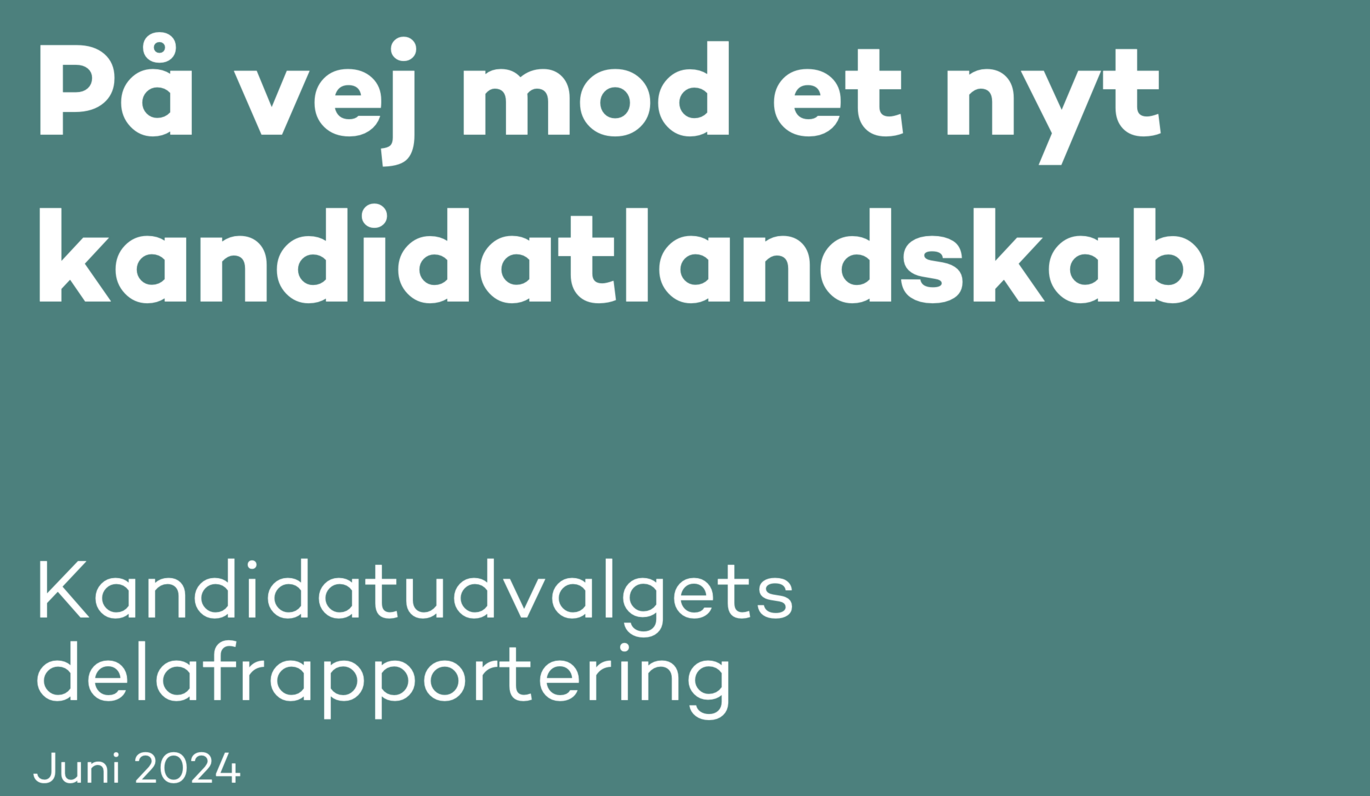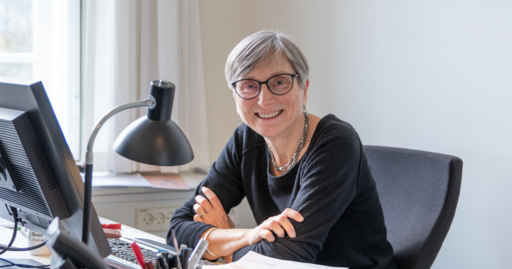Interim report on the master's degree reform released – what did we learn?
There were not many new and concrete conclusions in the candidate committee's interim report that was released on Wednesday, 19 June. The final report will not be ready until October, but all employees at Health will be invited to an information meeting in August.


The interim report from the government's Master's Committee on the upcoming master's degree reform has been eagerly awaited. However, despite a major meeting at the University of Southern Denmark on 21st June as a follow-up to the interim report, it is still too early to predict how the reform will affect the programmes at Health.
"The report primarily provides insight into the committee's preliminary discussions, and therefore we cannot yet say how the reform will specifically impact Health," says Lise Wogensen Bach, Vice-Dean for Education.
At the hearing, Department Head and Chair of the Master's Committee Hanne Meldgaard presented the work of the Master's Committee, followed by a Q&A session.
Here's a quick overview of some of the key points from the interim report:
- 75 ECTS Master's Programmes: A foundation course of 60 ECTS and a final project of 15 ECTS. Students will not write a thesis but will submit a final major project.
- Flexible Vocational Master's Programmes: The reform includes the creation of more so-called flexible vocational master's programmes. These programmes are part-time and are not eligible for student grants. They can range from 75-120 ECTS and require 25 working hours per week.
- Vocational Master's with Work Placement (EKV): Nine different types were presented: four at 120 ECTS, two at 90 ECTS, and two at 75 ECTS. These programmes will consist of partially paid internships and a final 15 ECTS project. It has not yet been decided which of the nine suggested types the Master's Committee will recommend.
- Main Areas for 75 ECTS Programmes: It has not yet been determined which main areas will develop new 75 ECTS master's programmes, vocational master's programmes, and vocational master's programmes with a work placement.
- The Master's Committee has yet to: Finalise the format for the so-called flexible vocational master's programmes and vocational master's programmes with a work placement. Therefore, it is too early to predict how these new programmes might be implemented in Health's programmes.
At an information meeting in August, Dean Anne-Mette Hvas and Vice-Dean Lise Wogensen Bach will provide more details about the Master's Committee's preliminary work and the further process at Health. Additionally, more information about the new sector dimensioning will be provided at the meeting.
Rector Brian Bech Nielsen has commented on the interim report on behalf of Universities Denmark. Read the comment here: https://dkuni.dk/debatindlaeg/praemissen-bag-universitetsreformen-spaender-ben-for-gode-loesninger/ (Danish only)
Contact:
Prodekan for Uddannelse, Lise Wogensen Bach
Health, Aarhus Universitet
Telefon: 25488522
Mail: lwb@au.dk
Facts
The Master's Committee was established as part of the political agreement "Reform of University Education in Denmark" from June 2023. The committee consists of university rectors and representatives from the Ministry of Education and Research and the National Union of Students in Denmark. The Master's Committee's final report is expected to be ready by October.
Read the full report here (Danish only): https://ufm.dk/publikationer/2024/filer/kandidatudvalgets-delafrapportering